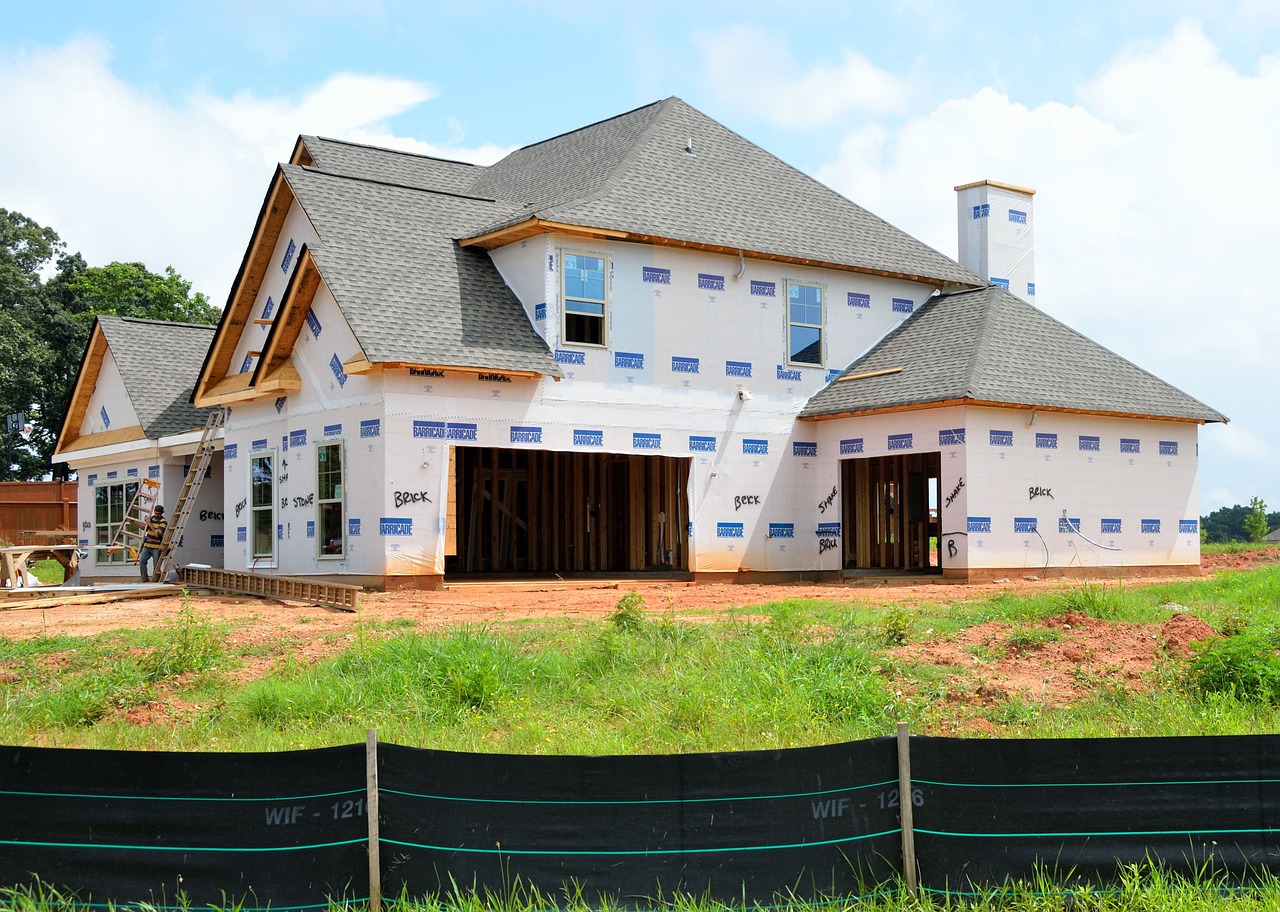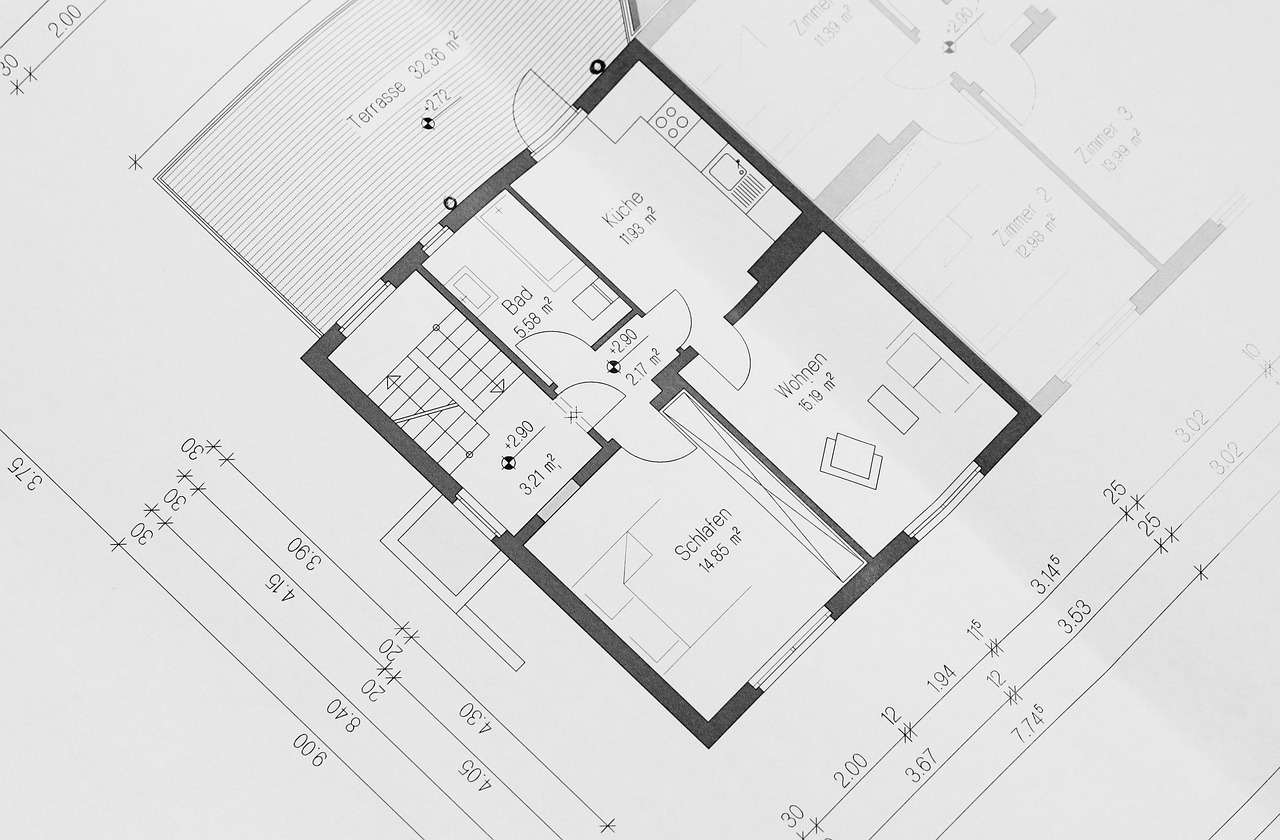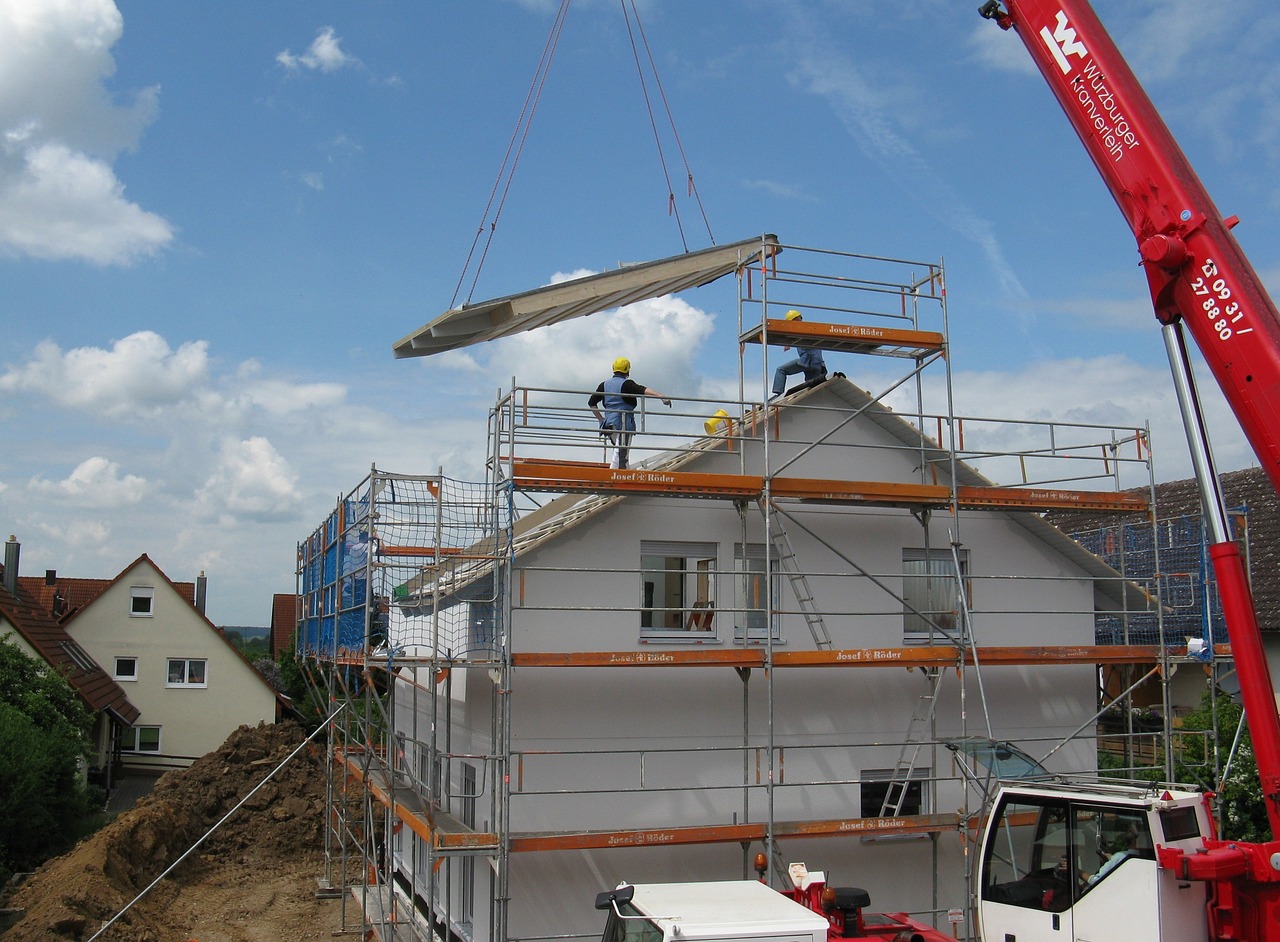The quality of concrete used in your home is crucial in determining the overall strength and durability of the structure. Here are some factors to consider when evaluating the quality of concrete used in your home:
1. Compressive strength: This refers to the ability of the concrete to withstand pressure or weight without breaking or cracking. A minimum strength of 3000 psi (pounds per square inch) is recommended for most residential concrete applications.
2. Water-cement ratio: The ratio of water to cement used in the mix is critical in determining the strength and durability of the concrete. A lower water-cement ratio results in a stronger and more durable concrete.
3. Consistency: The consistency of the concrete mix should be uniform and free of lumps and clumps.
4. Air content: The amount of air trapped in the concrete mix affects its durability and resistance to freezing and thawing. A recommended air content of 5-7% is desirable for most residential concrete applications.
5. Finish: The finish of the concrete should be smooth and free of cracks, pits, and other imperfections. This ensures that the concrete is structurally sound and aesthetically pleasing.
Overall, it is important to hire a licensed and experienced contractor to ensure that the concrete used in your home meets all relevant building codes and requirements. It is also advisable to regularly inspect the concrete for signs of cracking, settling, or other damage, and address any issues promptly to prevent further damage.


